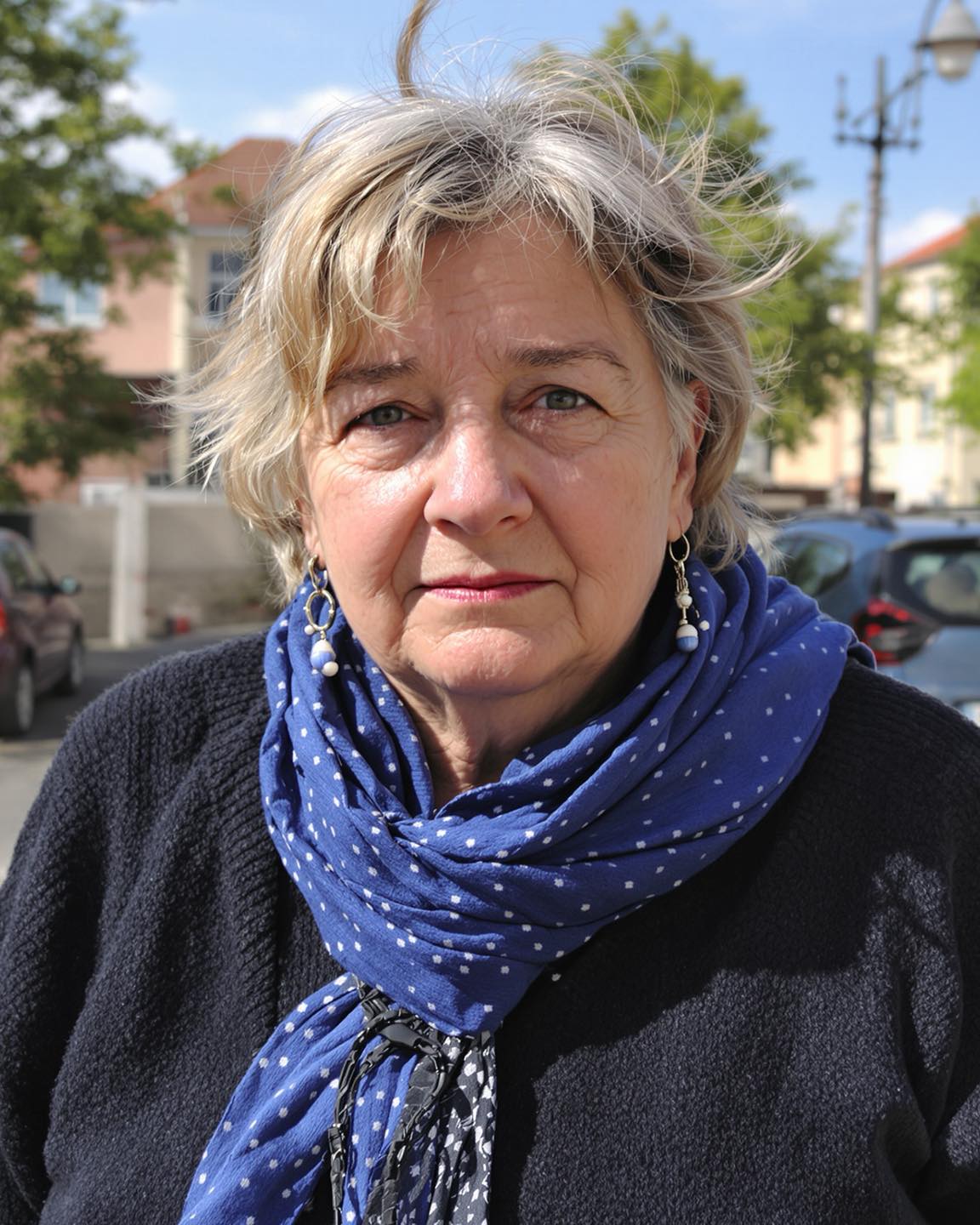For twelve years, I raised my granddaughter, believing that her mother had gone abroad to work. It was a life of quiet love and responsibility, where I did everything I could to provide a stable home for her. But one day, everything changed when my granddaughter, Ola, finally shared a truth I never wanted to hear.
A Promise Broken
When Ola was just three, she arrived at my doorstep, a confused little girl, with tears in her eyes. The police brought her to me, and I thought it would only be temporary. My daughter, her mother, had supposedly gone to work abroad, and I was to care for Ola until she returned. “Mom, take care of Ola. I have to leave, but I’ll be back. I promise,” she had said over the phone, and I believed her.
For months, I told Ola stories about her mother’s hard work in distant lands, promising her that one day she would return. I sent photos to my daughter, updates on Ola’s progress, and stories about her first bike ride and the day she said, “I love you, Grandma,” the most beautiful words I could hear. But as time passed, my daughter’s responses became fewer and farther between. Soon, I only received postcards signed “Mom,” from different European cities, which I later realized were nothing more than distant signs of a woman who had long forgotten her responsibilities.
The Years of Silence
Our life, over the years, became peaceful but uneventful. Every day, I prepared breakfast for Ola, took her to school, and helped her with her homework. On weekends, we baked together, watched cartoons, or went to the park. Ola was a sensitive, intelligent girl, often asking about her mom, though the questions grew fewer with each passing year.
When she turned ten, Ola got her first phone and sent her mom a message: “When will you come back?” There was no reply. Yet, I continued to tell her that we had to keep hoping. Deep down, I was afraid that her mother would never return, but I couldn’t bring myself to admit it.
The Truth Comes Out
One afternoon, when Ola was fifteen, everything changed. She came home from school, threw her bag on the floor, and stood in the kitchen doorway. I saw something in her eyes I hadn’t seen before—pain mixed with defiance.
“Grandma, we need to talk,” she said, her voice calm but firm. My heart raced as she continued, “I know Mom didn’t go abroad to work. I found her letters in your closet. I read messages on your phone. I even found the postcards she sent. None of them were from real places.”
I froze. For a moment, I wanted to deny it, to invent another story, but I couldn’t. My whole world of lies came crashing down.
“Why did you lie to me?” Ola asked, her voice filled with hurt. “For all these years, I thought I was important to her, that she’d come back for me. Now I know she never cared.”
Tears filled my eyes as I tried to explain. I told her I wanted to protect her, to make her believe that things would get better, even though I feared the truth would make her feel unloved. But the more I spoke, the more I felt I was digging myself into a hole I couldn’t get out of. Ola didn’t shout or cry—she simply stood up, looked at me, and said:
“I need time.”
Healing and Rebuilding
For the next few days, we lived as strangers under the same roof. Ola stopped talking to me, locking herself in her room, leaving the house without a word. I feared I’d lose her just like I lost my own daughter years ago. I cried at night, praying for a way to fix everything.
Finally, I wrote Ola a letter. I apologized for the lies, told her I loved her, and promised to always be there for her, even if she could never forgive me. I left the letter on her desk and waited.
A week later, Ola came to me. She sat down, took my hand, and without saying a word, her tears spoke volumes. In her eyes, I saw pain, but also a glimmer of hope.
“You don’t need to lie to me anymore,” she whispered. “I just want us to be together, even if everything wasn’t as you told me.”
We didn’t fix everything right away. There was still silence between us, and I saw how much she had closed herself off. But slowly, we began to rebuild. I invited her to help me in the garden, just like we used to, planting flowers and baking apple pie. It was the first time in months I heard her laugh, and for a moment, it felt like everything was going to be okay.
The Long Road to Forgiveness
The hardest conversations were about her mother. Ola wanted to know everything—who her mom really was, why she made the choices she did, and if she ever loved her. I answered as honestly as I could, though every answer brought more tears. But I knew one thing for sure: I had been there for her, I had loved her, and I would continue to be her family, no matter what.
Over time, Ola and I began to heal. It wasn’t easy. There were still moments when she looked at me with sorrow, asking “Why?” but more and more, I saw tenderness in her eyes. I realized that love is about standing by each other, even when things are broken.
Ola thanked me one evening for not abandoning her when she needed me the most. “Thank you for apologizing, even when it was hard,” she whispered.
We embraced, and for the first time in years, I felt the weight of the past lift. It wasn’t gone, but we were moving forward together. And that’s what mattered most.
Спросить ChatGPT
